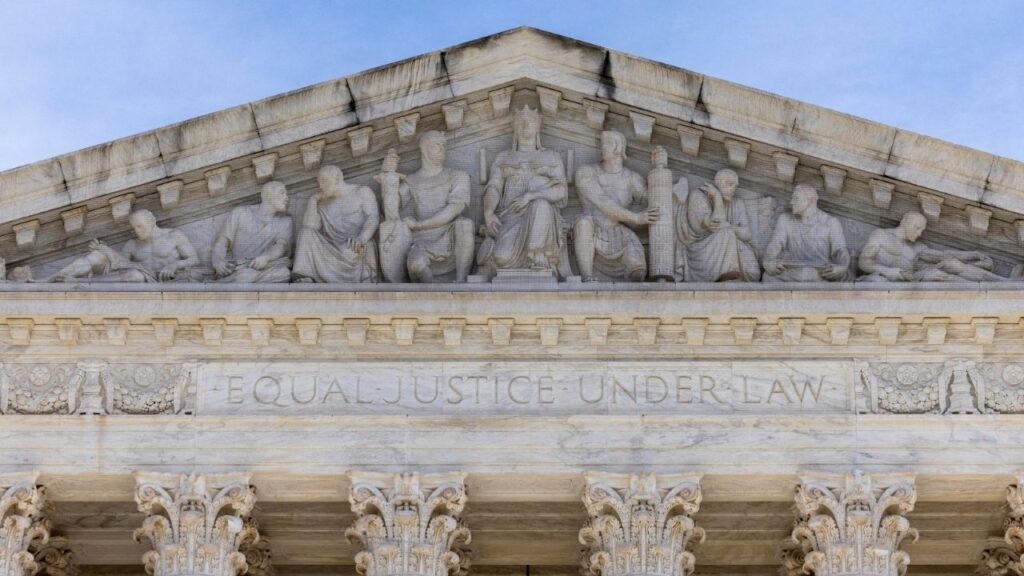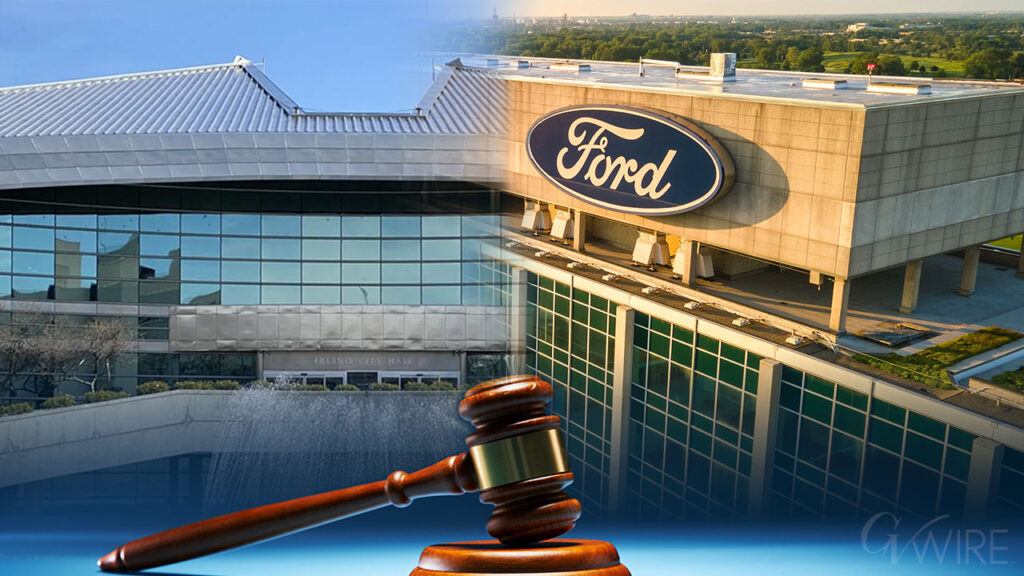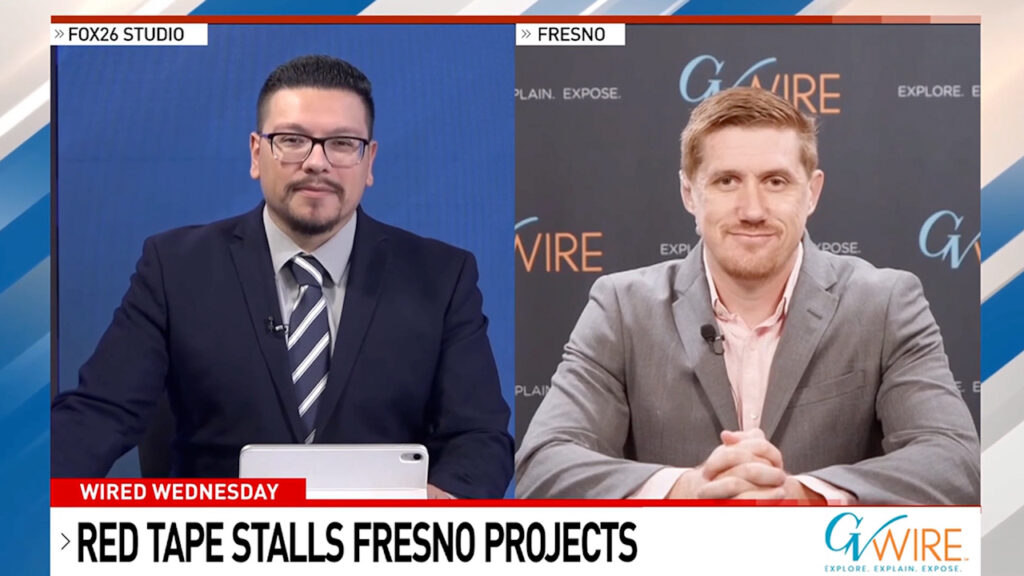Share
The Supreme Court on Wednesday reinstated for now a Trump-era rule that had curtailed the power of states and Native American tribes to block pipelines and other energy projects that can pollute rivers, streams and other waterways.
The justices agreed to halt a lower court judge’s order throwing out the rule and sending it back to the Environmental Protection Agency. Four justices said they disagreed with the decision.
Biden Administration Rewriting Rule
The Biden administration has said it intends to rewrite the rule. Work on a revision has begun, but the administration has said a final rule is not expected until the spring of 2023. The Trump-era rule will remain in effect in the meantime.
The Biden administration had told the justices in a court filing that it agreed that the U.S. District Court Judge William Alsup lacked the authority to throw out the rule without first determining that it was invalid. But the administration had urged the court not to reinstate the rule, saying that in the months since the Alsup’s ruling, officials have adapted to the change, reverting to regulations in place for decades. Another change would “cause substantial disruption and disserve the public interest,” the administration said.
Alsup was nominated to the bench by President Bill Clinton.
The section of federal law at issue in the case is Section 401 of the Clean Water Act. For decades, it had been the rule that a federal agency could not issue a license or permit to conduct any activity that could result in any discharge into navigable waters unless the affected state or tribe certified that the discharge was complied with the Clean Water Act and state law, or waived certification.
Trump Curtailed Review Process
The Trump administration in 2020 curtailed that review power after complaints from Republicans in Congress and the fossil fuel industry that state officials had used the permitting process to stop new energy projects. The Trump administration said its actions would advance then-President Donald Trump’s goal to fast-track energy projects such as oil and natural gas pipelines.
States, Native American Tribes and environmental groups sued. Several mostly Republican-led states, a national trade association representing the oil and gas industry and others have intervened in the case to defend the Trump-era rule. The states involved in the case are: Arkansas, Louisiana, Mississippi, Missouri, Montana, West Virginia, Wyoming and Texas.
RELATED TOPICS:
Categories

Why Trump Fired California US Attorney Michele Beckwith
















